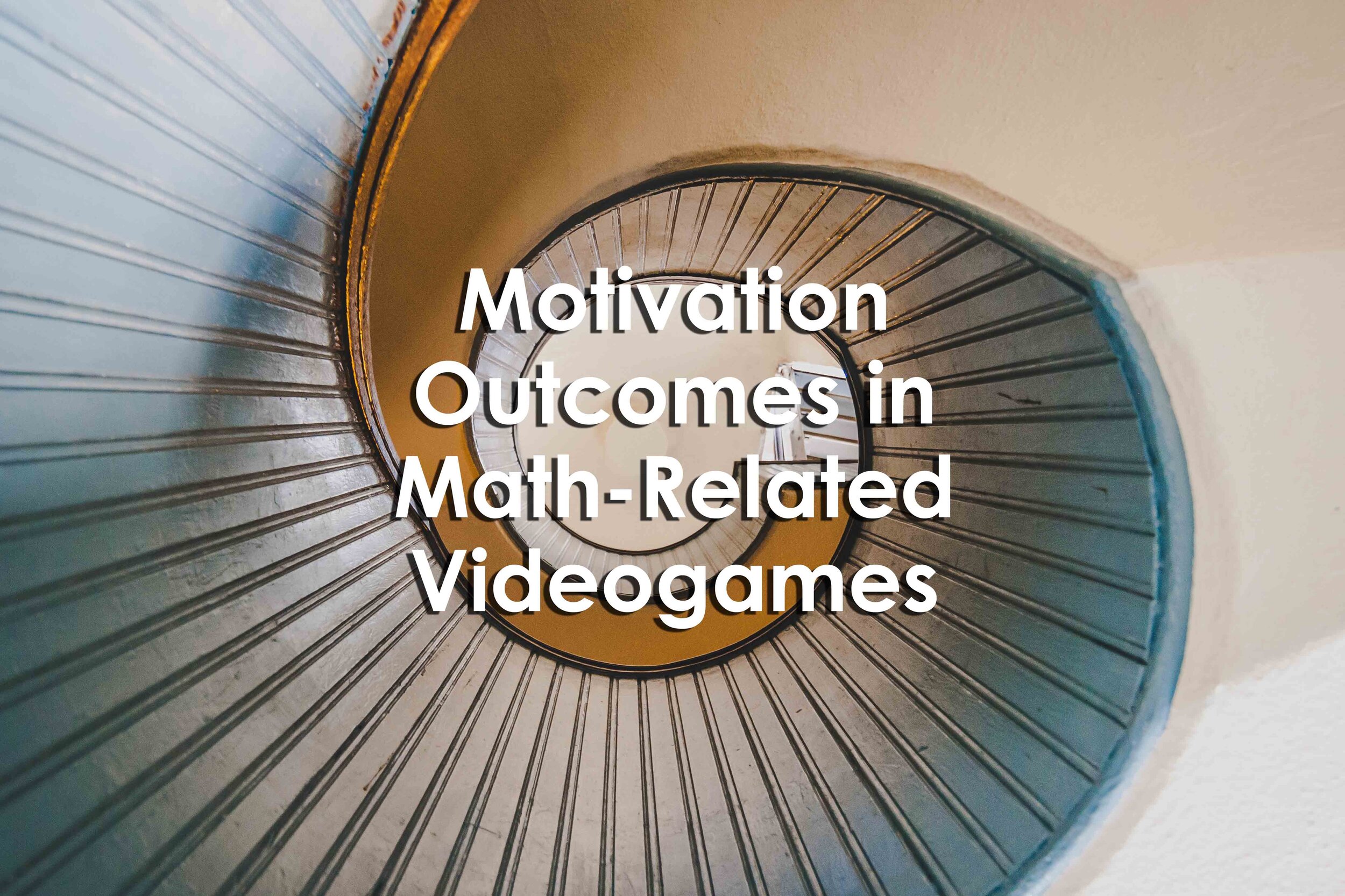Motivation Outcomes in Math-Related Videogames
Motivation Outcomes in Math-Related Videogames
Motivation Outcomes in Math-Related Videogames
Daniel L. Hoffman, Seungoh Paek, Zhou Zhou & Selen Türkay
Abstract
“This study examined the relationship between elementary students’ domain-specific and game-specific motivations in the context of educational videogames. Using a quasi-experimental design, thirty (N = 30) sixth grade students were assigned to two groups based on their level of motivation for the domain of math (higher math motivation vs. lower math motivation). They then played a videogame involving mathematics fifteen times over a two-week period. During this time, participants’ in-game performances were recorded, along with their levels of motivation for the videogame and the domain of math. The results showed that the participants played the game at the same level of skill regardless of their initial level of motivation for the domain of math. Similarly, participants expressed high levels of interest, effort, pressure, and value for the game despite their varied levels of math motivation. However, the two groups reported significantly different levels of perceived competence involving the videogame. Further still, participants with lower levels of motivation for math reported a significant decrease in their self-reported ability perceptions in math, which did not occur for participants with higher levels of motivation for math. The study concludes with a discussion of the relationship between learners’ domain-specific and game-specific motivations and the implications for future game-based learning research.”
Reference
Hoffman, D. L., Paek, S., Zhou, Z., & Türkay, S. (2020). Motivation Outcomes in Math-Related Videogames. Technology, Knowledge and Learning, 1-23. https://link.springer.com/article/10.1007/s10758-020-09450-w
Keywords
Motivation, Videogame, Mathematics, Game-based learning, Quasi-experimental design

